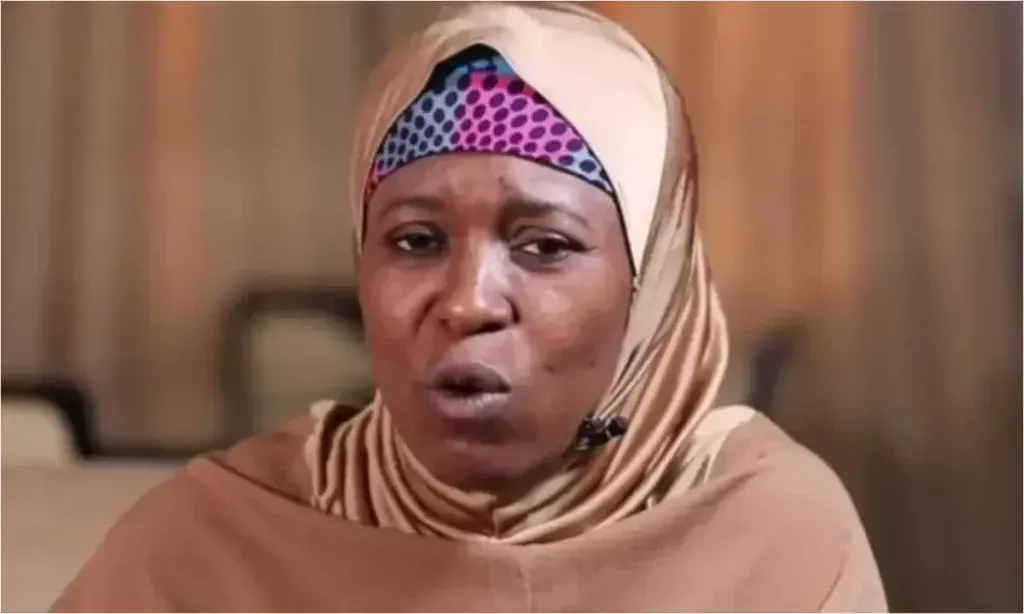Feb 1, 2024
By Reporter

CBN Governor, Dr Olayemi Cardoso
In fresh moves to stabilise the nation’s volatile exchange rate, the Central Bank of Nigeria has ordered Deposit Money Banks to sell their excess dollar stock latest February 1, 2024.
The CBN, which made the disclosure in a new circular released on Wednesday, also warned lenders against hoarding excess foreign currencies for profit.
According to officials, the central bank believes some commercial banks hold long-term foreign exchange positions to enable them to profit from the volatile movements of exchange rates. Banks may sell over $5bn, says official,
The CBN Governor, Dr Olayemi Cardoso faces Senate Tuesday over naira fall
However, the news headline generated massive reactions among random social media users after it was shared on social media platforms by the news outlet, with many users taking to the comment section to react to the news by dropping different opinions below the post.
Daily Trust reports that the naira on Tuesday plunged to a record low against the dollar following a revision of the methodology used to set its exchange rate. This situation marks the second devaluation of the currency in seven months.
The naira depreciated by 31% to 1,413 to a dollar on Monday in the NAFEX fixing loop, the official foreign exchange window, according to data published by FMDQ, which calculates the exchange rate.
The Bloomberg, in its Roundup Wednesday, described the development as “devaluation”.
The Nigerian Autonomous Foreign Exchange Fixing (NAFEX ) is the reference rate for Spot FX operations in the Autonomous FX Market, which comprises recognized FX trading segments, including but not limited to the Inter-bank market.
Reports show that the currency sank following strong demand on the official market, exceeding N1,455 quoted on the parallel market.
The latest move came after the Central Bank of Nigeria (CBN) accused traders of manipulating the exchange rate by under-reporting transaction rates.
That brings the naira closer to its parallel-market rate of N1,468, and follows a devaluation of almost 30% in June last year, as the CBN liberalised the currency regime in an attempt to attract inflows and improve liquidity.



